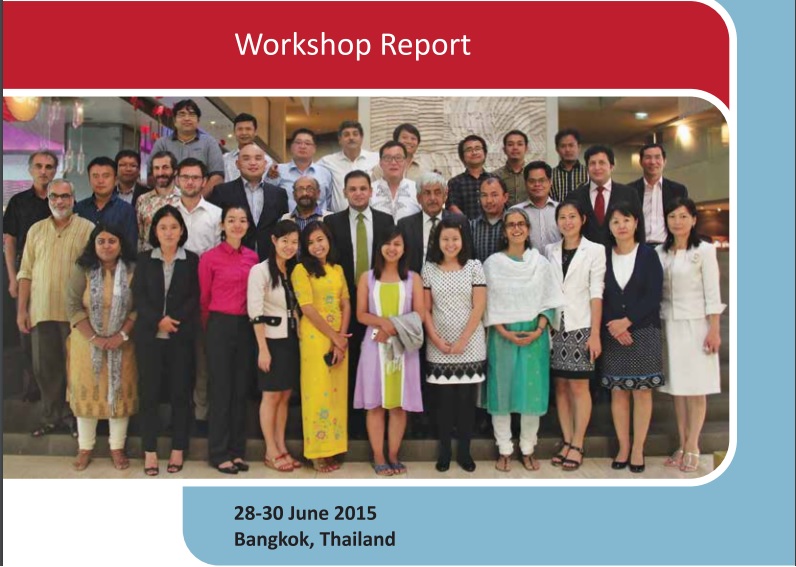-
Call Anytime
+8801711237222 -
Send Email
info@hlpfoundation.net


Call Anytime
+8801711237222Send Email
info@hlpfoundation.net
Inspired by the knowledge exchange on Bangladesh’s Horizontal Learning Program1 (HLP) that occurred during a study visit to Bangladesh (2013) and peer-learning between Bangladesh and Nepal (2014), the 2nd LOGIN General Assembly (December 2014) identified an orientation to HLP as a learning need for 2015. A workshop on HLP was organised in Thailand, from 28-30 June 2015 to meet this demand. The workshop aimed to introduce member countries to the HLP process, offer a detailed picture of how HLP works, discuss institutional arrangements, share success stories and challenges, and assess the relevance of the model for other countries. Participants from government departments, local government training institutions and non-governmental organisations (NGOs) engaged in this three-day exchange.
The capacity building programmes in many South and East Asian countries range from training programmes and policy measures to legislations that explicate capacity building as a priority. National/international NGOs and donors play a significant role as collaborators in capacity building. Lack of coordination between entities involved is a common challenge in all countries where LOGIN has its presence. Other challenges include lack of political will, ineffective training programmes, high cost of training, sustainability, social realities like patriarchy, paucity of information and frequent changes in local government legislation. Capacity building programmes can be classified as supply-driven (provision of mandatory knowledge to local governments), demand-driven (local governments demand capacity building in their priority areas) and horizontal learning (local governments share and learn good practices from one another). Among the workshop participants, most countries have fairly strong supply-driven capacity building programmes, whereas only a few have effective demand-driven programmes. Meanwhile, no country has a significant HLP. Horizontal learning could be seen as a bridge between supply-driven and demand-driven programmes. The challenge is to identify where the expertise lies; horizontal learning views participants as ‘teachers’ as well as ‘learners’. In Bangladesh for instance, under HLP each local government (Union Parishad – UP) identifies its good practices. Then all local governments together select the good practices they want to learn. After learning these practices, local governments engage in discussions with citizens to replicate the practices by integrating them within their annual plans and budgets. Progress of implementation is monitored through peer-review. HLP uses three principles to facilitate peer-learning: (1) Appreciate – realising everyone’s potential to overcome limits); (2) Connect – removing distinctions that separate peers and impedes collective well-being; and (3) Adapt – starting with the ideas that work and replicating them through exposure to the context. Unlike conventional capacity building programmes, the assumption is that capacities already exist. HLP has facilitated the replication of over 25 good practices in Bangladesh in the sectors of governance, water and sanitation etc., reaching out to an estimated 22 million people. Examples of increase in local government capacities include open budgets (budgets that ensure citizen participation) in over 200 UPs, 100% sanitation in 85 UPs, tube-well provisioning for bacteria-free water in 56 UPs and arsenic-free water in 132 UPs. Read More